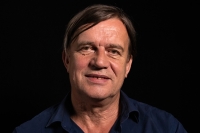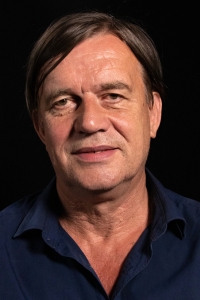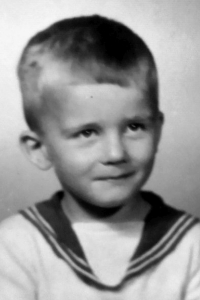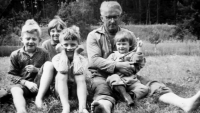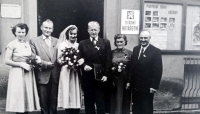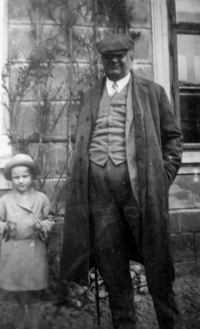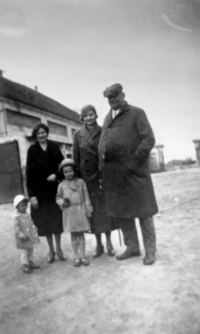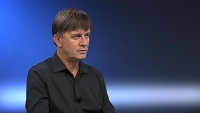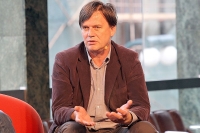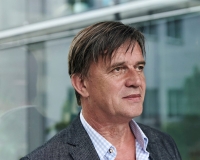He was a garbage man and a math major. He knew he was doing it his way
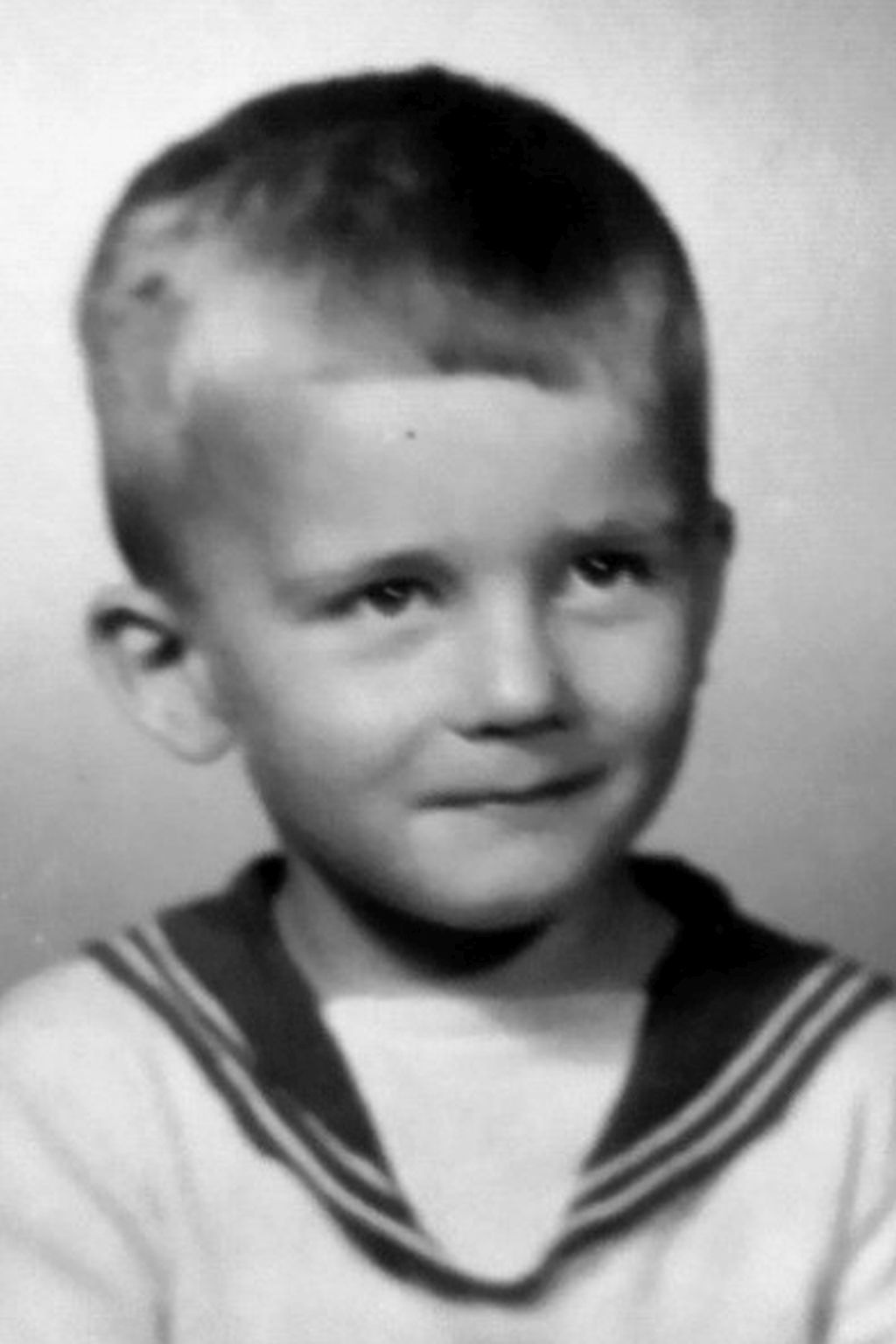
Download image
Petr Holub was born on 26 October 1958 in Prague. He grew up in Dejvice. His father, František, was a lawyer. After three years of his membership in the Communist Party, he was expelled from the party and worked for the railways or as an asphalt paver. His mother, Jitka, née Berounská, came from a large landowner family whose estate was nationalized in 1945. Petr Holub was not allowed to study at secondary school, so he studied at the communications apprenticeship in Prague. He became involved with the underground, refused to join military service in 1977, briefly fled to Poland and was exempted from the military service upon his return. Over time, he left the underground life and joined the Catholic community around the Týn Cathedral. He earned a living as a garbage collector, graduated from high school and studied at the Faculty of Mathematics and Physics of Charles University. He participated in the house seminars of the philosopher and Chartist Daniel Kroupa and other dissidents. Under free conditions after November 1989, he became a journalist and joined the weekly magazine Respekt, which he headed as editor-in-chief from 1998 to 2002. In 2022, he lived in Prague.
